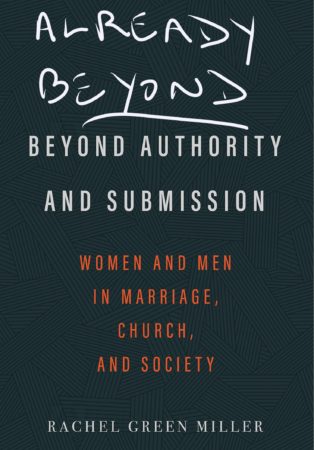
This installment on chapter 5 of Beyond Authority and Submission will be quite brief. It should be sufficient to point out that not only is Rachel Miller not laying any groundwork that will help establish her thesis, but she has gone above and beyond the call of duty, and has been kind enough to blow up her own thesis for us.
Remember what that thesis is. She has argued that the ancient Greeks and Romans had a dim view of women, and that centuries later the Victorians resurrected this dim view of women, put a biblical veneer on it, and ta da! we have located the quite recent ancestors of modern complementarians.
Not only does she not demonstrate any of this (failing #1), she also contradicts it by implication (failing #2) and then proceeds to contradict her own thesis directly, flatly, and baldly (failing #3).
So #1, she just asserts this business of Victorians supposedly repristinating the old pagan view of women. This is something that needs to be shown, demonstrated, and proven. Not just declared.
On #2, she spends this chapter giving a short history of first wave feminism, and telling us that modern Christians don’t really know how much good they did—“many conservative Christians have overlooked the necessary improvements that were brought about by the early feminists” (Loc. 1404). That’s as may be, but it fails to deal with the fact that she is actually demonstrating the fact that all this good stuff for women was being demanded by first wave Victorian feminists and was being granted (albeit not without grumbling) by regular old Victorians.
And this leads to #3. The reason for the grumbling was that the old guard Victorians were being asked to alter the customs of centuries. But the customs of centuries do not fit within the confines of the one bad century, that misbehaving century being the 19th. So this is a inconvenient datum that is acting in a decidedly non-thesisy manner. If all the intervening centuries between the fall of Rome and the coronation of Queen Victoria had been characterized by things like coverture and lack of women voting, then it appears that the Victorians didn’t resurrect all that mistreatment of women. In fact, they let go of a bunch of it. And Miller says this herself, in print, in her book. As it were, out loud. “Women had been expressing their frustrations and concerns with how they were being treated for hundreds of years” (Loc. 1262).
This book reads as though somebody handed Rachel Miller a glue gun and a bag of feathers and told her to make a duck.

